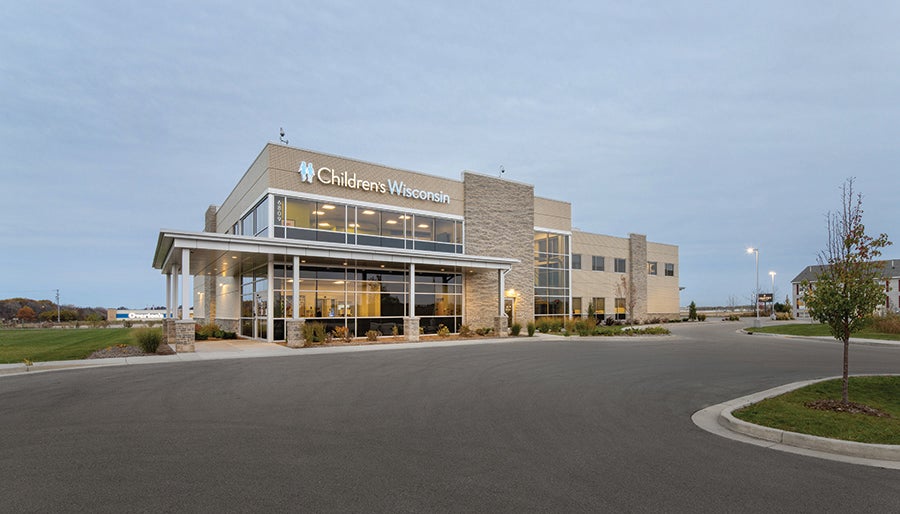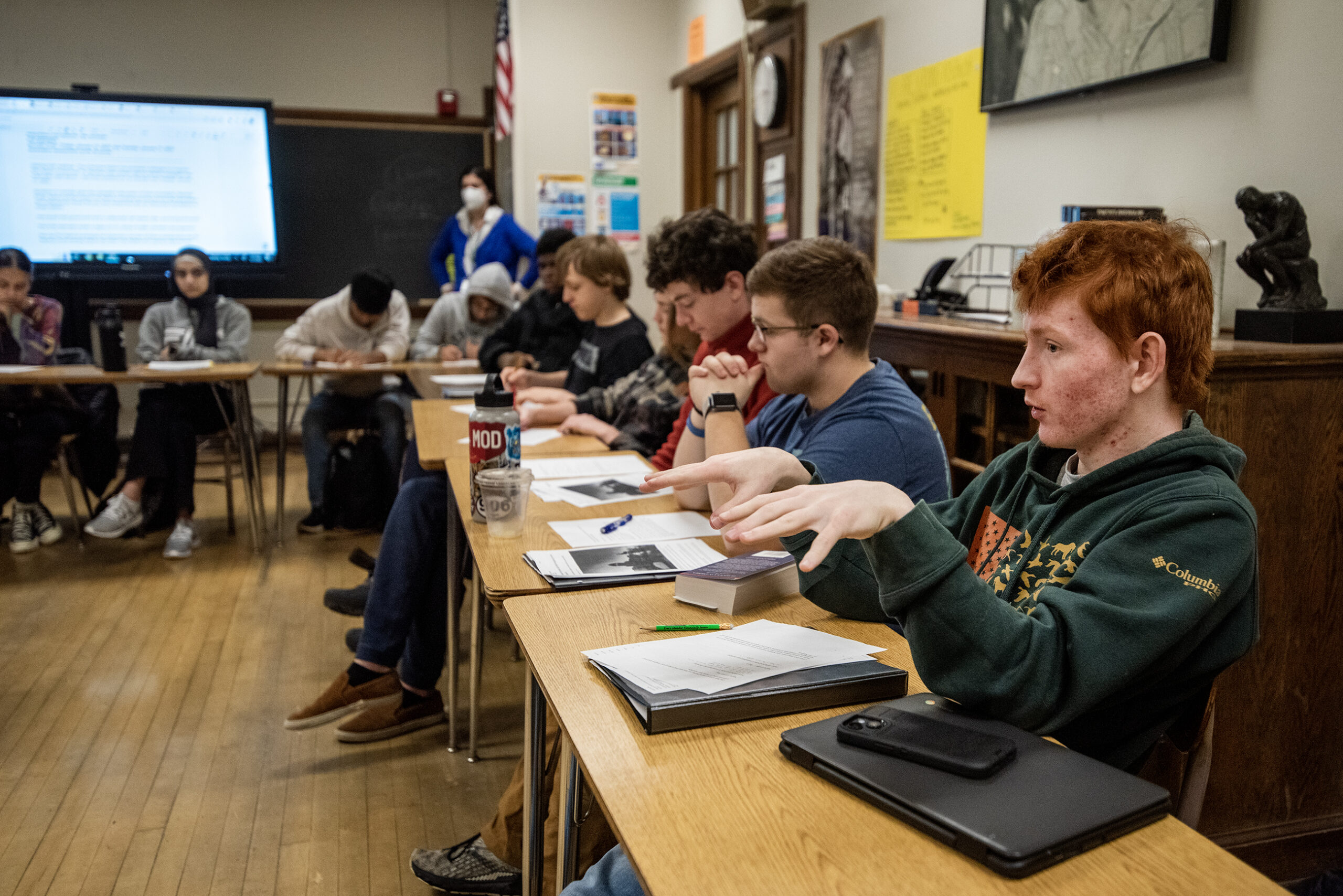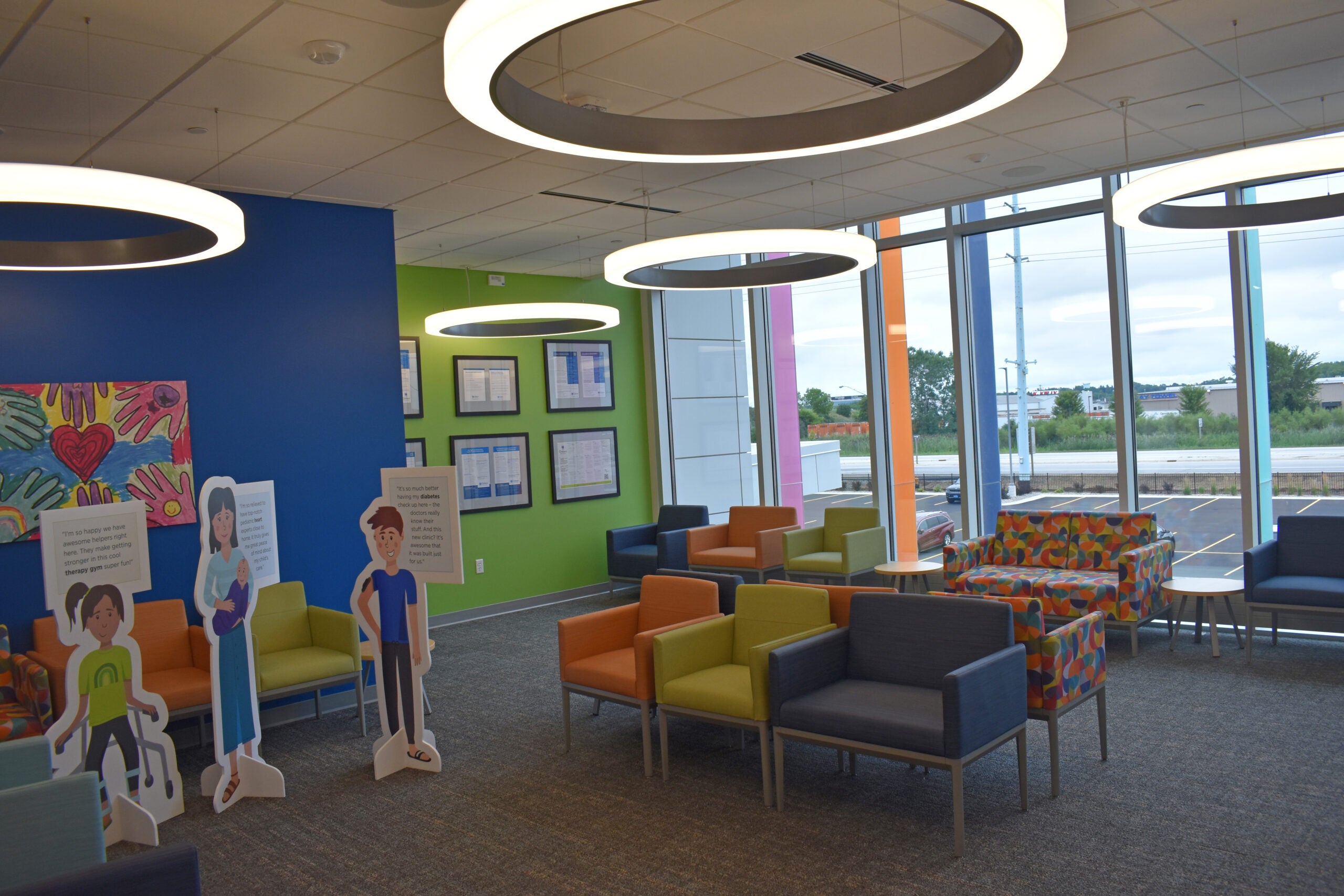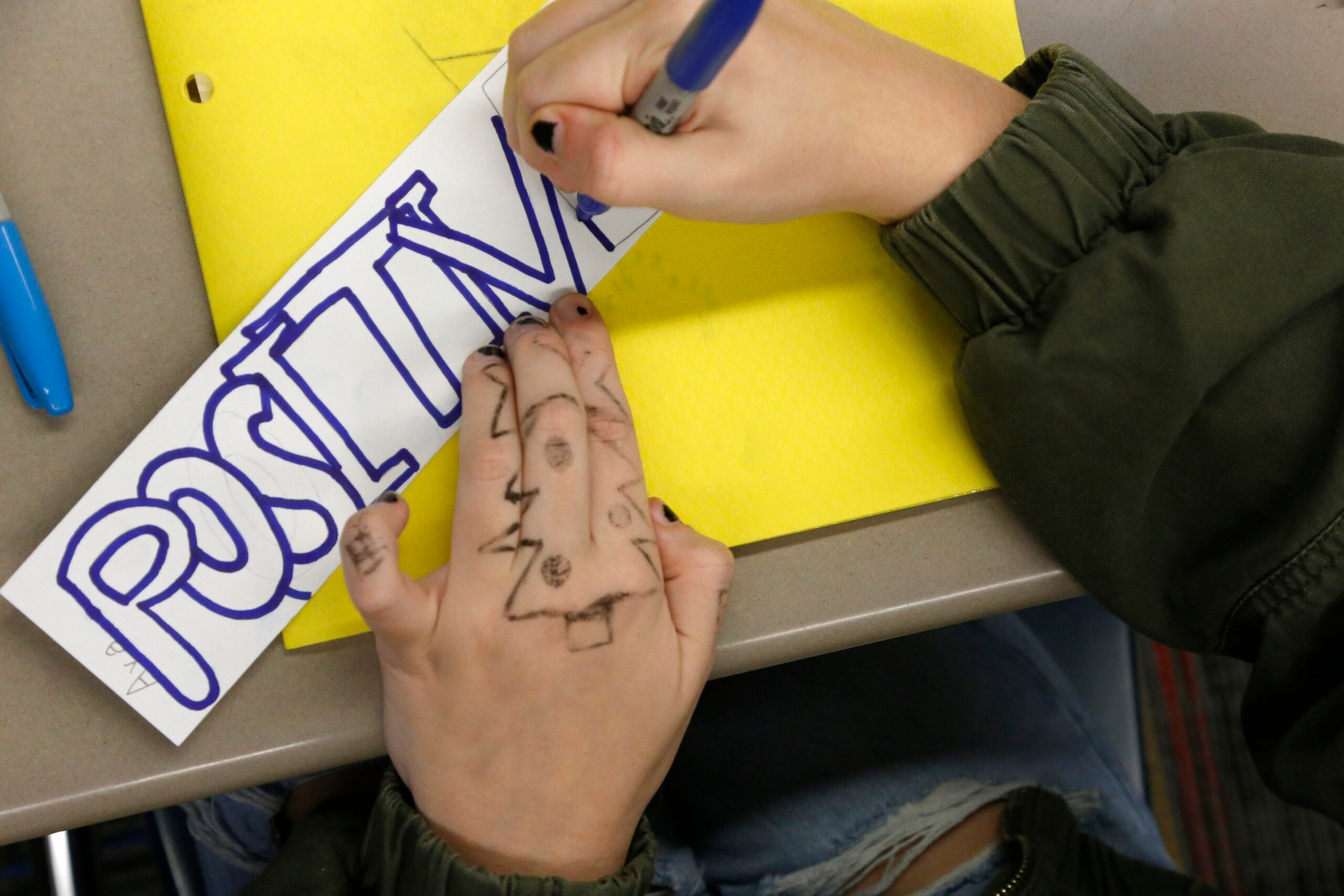A new mental health walk-in clinic for children will open in Kenosha later this year.
The clinic, which will be run by Children’s Wisconsin and housed in its Kenosha clinic location, is the second of its kind in the state after the Craig Yabuki Mental Health Walk-In Clinic opened in Wauwatosa last year. Therapists and social workers at the clinic will provide immediate mental health support to children and teens ages 5-18.
Amy Herbst, vice president of mental and behavioral health at Children’s Wisconsin, said services offered will include therapy sessions, safety risk assessments, grief intervention therapy, referrals and assistance with transitions to ongoing care.
News with a little more humanity
WPR’s “Wisconsin Today” newsletter keeps you connected to the state you love without feeling overwhelmed. No paywall. No agenda. No corporate filter.
“It’s all based on what the kids and the families determine their need to be,” Herbst said. “So if they believe that they need immediate access to mental health care for whatever reason, that’s all that matters to us.”
The Craig Yabuki Mental Health Walk-In Clinic was the first of its kind in Wisconsin when it opened in March 2022. Since its opening, it has supported more than 1,500 kids in Wisconsin and northern Illinois. Herbst said around 150 families from Kenosha, Racine and Walworth Counties have also visited the clinic in Milwaukee County.
“It (the Kenosha clinic) was very much driven by the community need, and we wanted to open in Kenosha to better meet that community need,” Herbst said.
In May, Kohl’s announced a $3 million donation to help open three new clinics across Wisconsin, one of which is the Kenosha clinic. It’s still unknown where the other two clinics will be located, but Eden Christman, a mental and behavioral health manager at Children’s Wisconsin, said there’s a need for mental health services across the entire state.
“As we know in some of our other communities where it’s maybe not quite as densely populated or quite as urban, there’s a lot of rural mental health needs that are going unmet,” Christman said.
No appointments are necessary to visit the clinic. Herbst said families and children can visit if they don’t feel comfortable visiting an emergency room or if they don’t want to wait until their child’s next therapy appointment.
“It’s often based on something occurring in their life, that then results in this immediate need,” Herbst said.
She also said the clinic often sees children who may have never had mental health concerns or issues.
“But this day that they come to see us is a day that they are struggling tremendously with maybe anxiety or depression – that’s what we see most often — and they’re worried about themselves or their parents are worried about them,” Herbst said.
Christman said the clinic is another immediate service option for children who need urgent care. According to new data from the Wisconsin Office of Children’s Mental Health, 66 percent of young girls across the state are struggling with anxiety, and 50 percent feel sad and hopeless nearly every day.
“Traditionally, what happens in a lot of our health systems is the child might go on a waitlist because the reality is there aren’t a lot of providers in our communities for mental health,” Christman said.
Since the COVID-19 pandemic began, visits to Children’s Wisconsin emergency department for mental behavioral health concerns increased by 40 percent. Herbst said children across the state and nation are still in the midst of a “mental health crisis.”
“It was not caused by the pandemic, it was before the pandemic that we acknowledged that we were in the midst of this crisis,” Herbst said. “The pandemic absolutely exacerbated the issue and made things even more difficult for kids, based on the isolation that they experienced and the disruption in their typical daily lives of school and extracurricular activities and engagement with family and engagement with friends.”
Wisconsin Public Radio, © Copyright 2026, Board of Regents of the University of Wisconsin System and Wisconsin Educational Communications Board.





